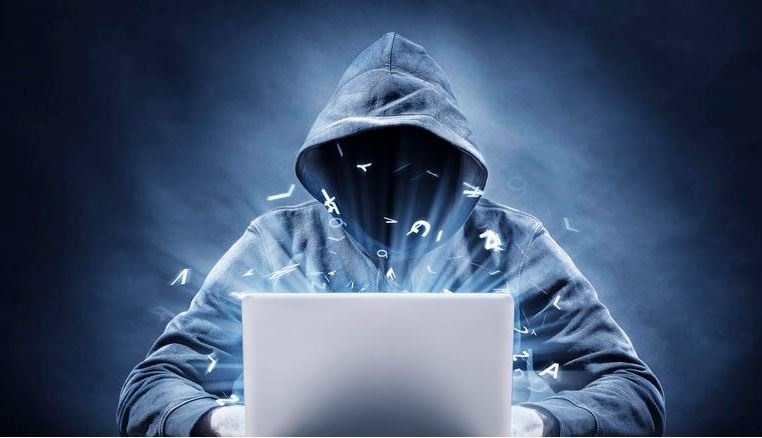
In the first six months of last year, hackers stole the personal information of more than 700 million users of the business community social network LinkedIn and sold it on the dark web, says an expert on cybersecurity.
The dark web is the part of the internet where criminal transactions are carried out.
Search engines such as Google cannot trace it. Stephen Osler, co-founder of cybersecurity company Nclose, says LinkedIn is particularly risky because people share personal and business information on the site. This creates the opportunity for hackers to pretend to be employees and thus win the trust of companies.
READ: LinkedIn warns of data leak from 2012 hack
By now, people know they should not publicly share their personal information, but LinkedIn is different because it deals with company and career information, says Osler.The problem is that this information can be intercepted when hackers pose as company workers and infiltrate a company.
Much of the information stolen in this way is used to claim ransoms. If the ransom is not paid, the information is sold on the dark web.“It may sound melodramatic, but the idea of LinkedIn is to showcase your achievements and brand. That is why most copying and phishing happen right there.
”People also make the mistake of using the same information and passwords across multiple platforms so that they do not have to remember different login details, says Osler. This makes it easy to hack into LinkedIn accounts.Cybersecurity company Kaspersky has released new research showing that there is a huge demand on the dark web for stolen personal information.
READ: Password breach spreads beyond LinkedIn
The average price for access to a large company with a turnover of $465 million (R7.6 billion) is about $50 000.Anna Collard of cybersecurity company KnowBe4 Africa says people’s alertness weakens when they are busy, tense or tired, and then they fall for scams such as copying.“Social engineering [in which criminals bombard people with lies and tricks to disclose their personal information] is on the rise,” says Collard.Research also shows that people who work at home, or in places other than their companies’ offices, are more vulnerable, Collard says.“People are human. A company boss’ attention can be distracted when he is late for a flight and then clicks on an attachment in an email he received on a smartphone. When people multitask, the danger of falling for phishing or copycats is also greater.”
| ||||||||||||||||||||||||||||||
 |




 Publications
Publications
 Partners
Partners










